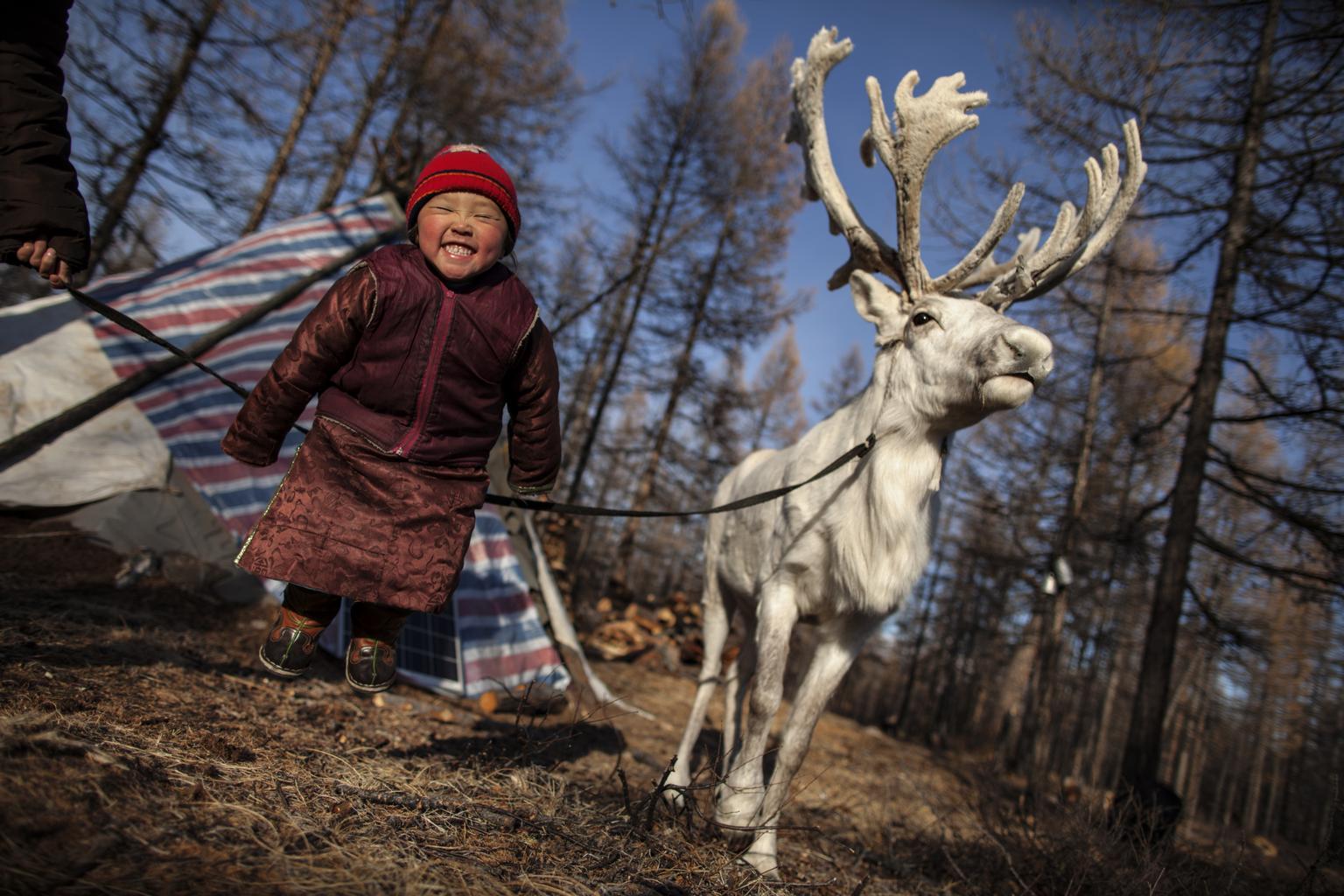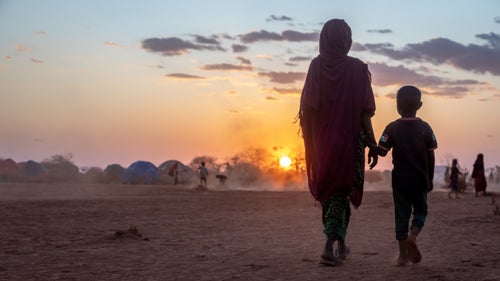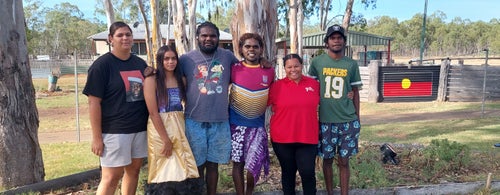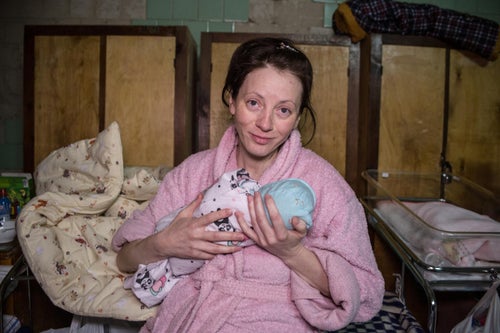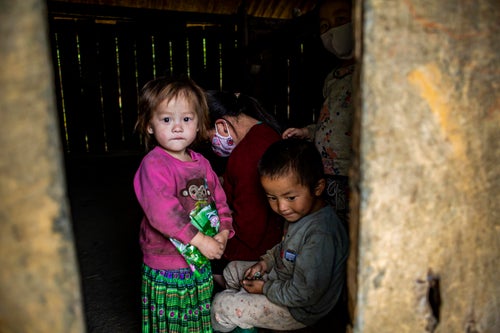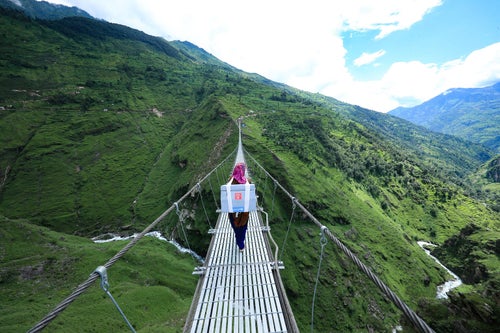Vaccinator Peta* makes the gruelling journey across regional Mongolia to protect children against deadly diseases. But she isn’t alone. She has her trusty reindeer side-kick to help her get to where she is needed most.
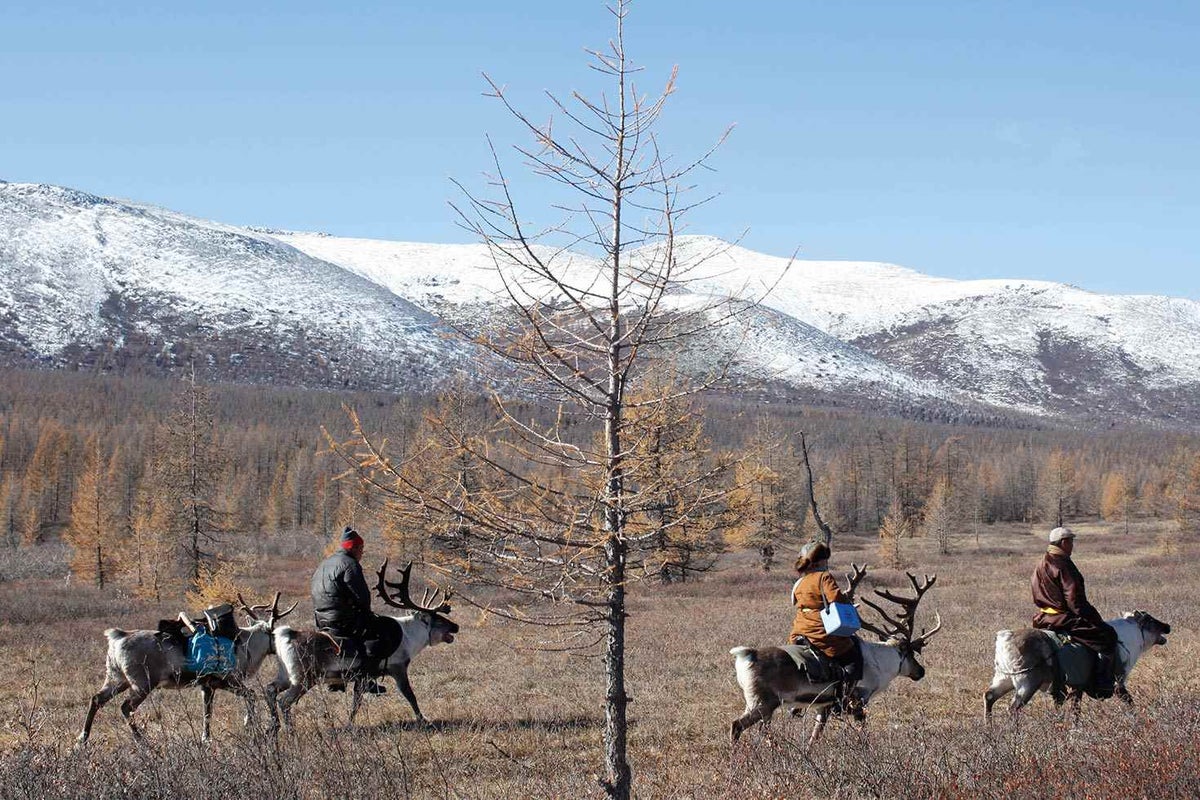
While the weather is heating up in Australia, Mongolia’s icy winter is quickly approaching. In the northern province of Khövsgöl, night-time temperatures will dip to as low as -40°C.
Vaccinator Peta knows she has to move quickly before weather conditions worsen. She has made the long journey to the nomadic herder community before.
First, she takes a long drive. Then, a hand-drawn ferry. And finally, she travels by reindeer to the remote Tsagaannur district where children wait to be vaccinated.
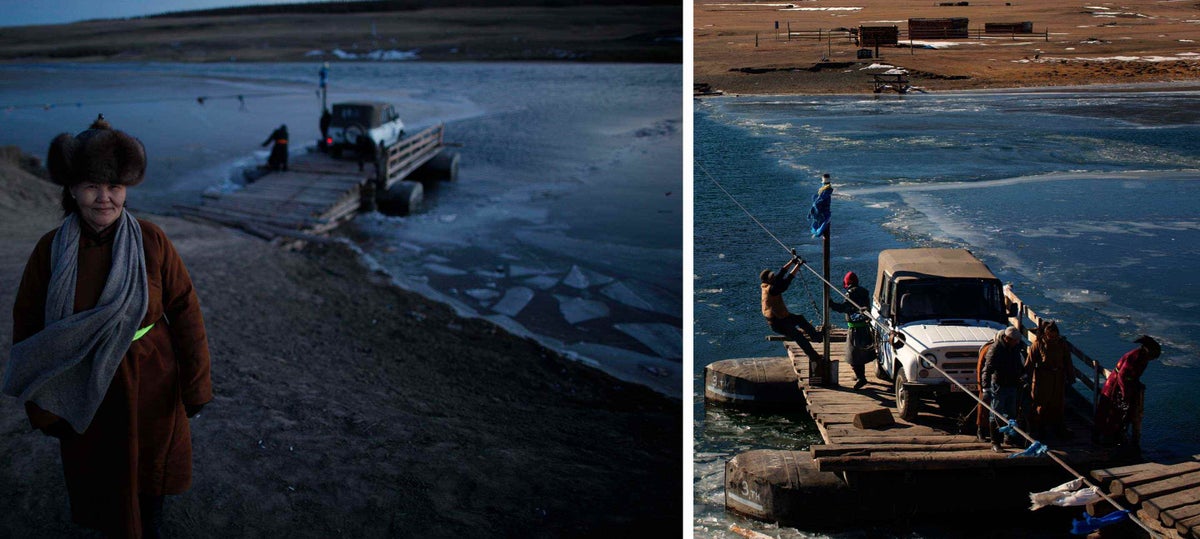
“I love to travel in rural areas,” Peta says. “It’s both rewarding and fun to help people here.”
Each time Peta visits the distant towns, she carries an insulated box to keep measles and rubella vaccines at a constant temperature. If at any stage the vaccine’s temperature drops below two degrees or rises above eight, it can become unusable.
It’s not an easy job, but Peta never gives up.
Thanks to healthcare staff like Peta, children of nomadic herder families - roughly a quarter of Mongolia’s children - have been immunised against deadly measles and rubella.
Despite the incredible progress, there are still 20 million children around the world that don’t receive even the most basic vaccines, leaving them vulnerable to disease.
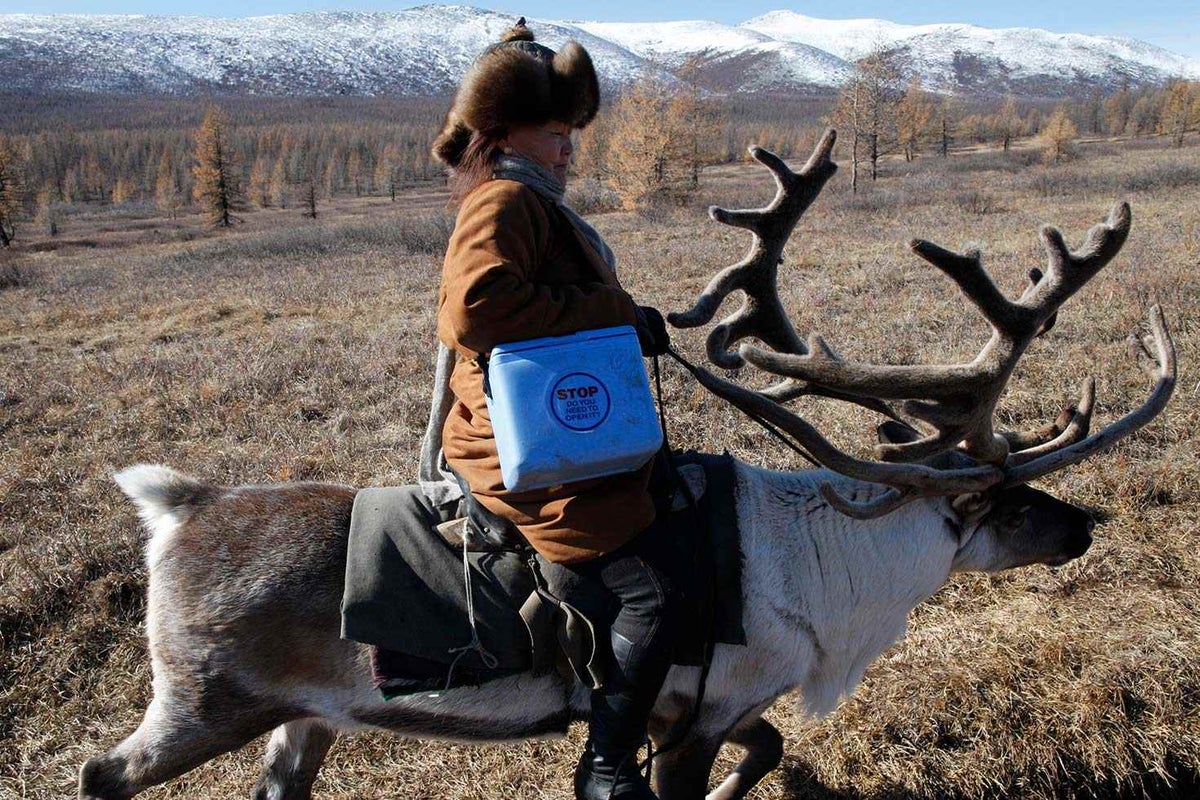
UNICEF believes no child should lose their life to a preventable disease. That’s why we go where others can’t to help protect every child.
Before working as a vaccinator, Peta was a surgical nurse for almost two decades as well as a government health worker for 10 years.
Healthcare workers, like Peta, know how to protect children in every region of the world. They fearlessly trek the distance because they know what they are doing is working.
But they can’t do it alone. Every day, UNICEF donors make thousands of children smile because they’ve helped protect them against preventable diseases. Help us continue protecting children around the globe - no matter where they are.
Five fast facts about vaccines
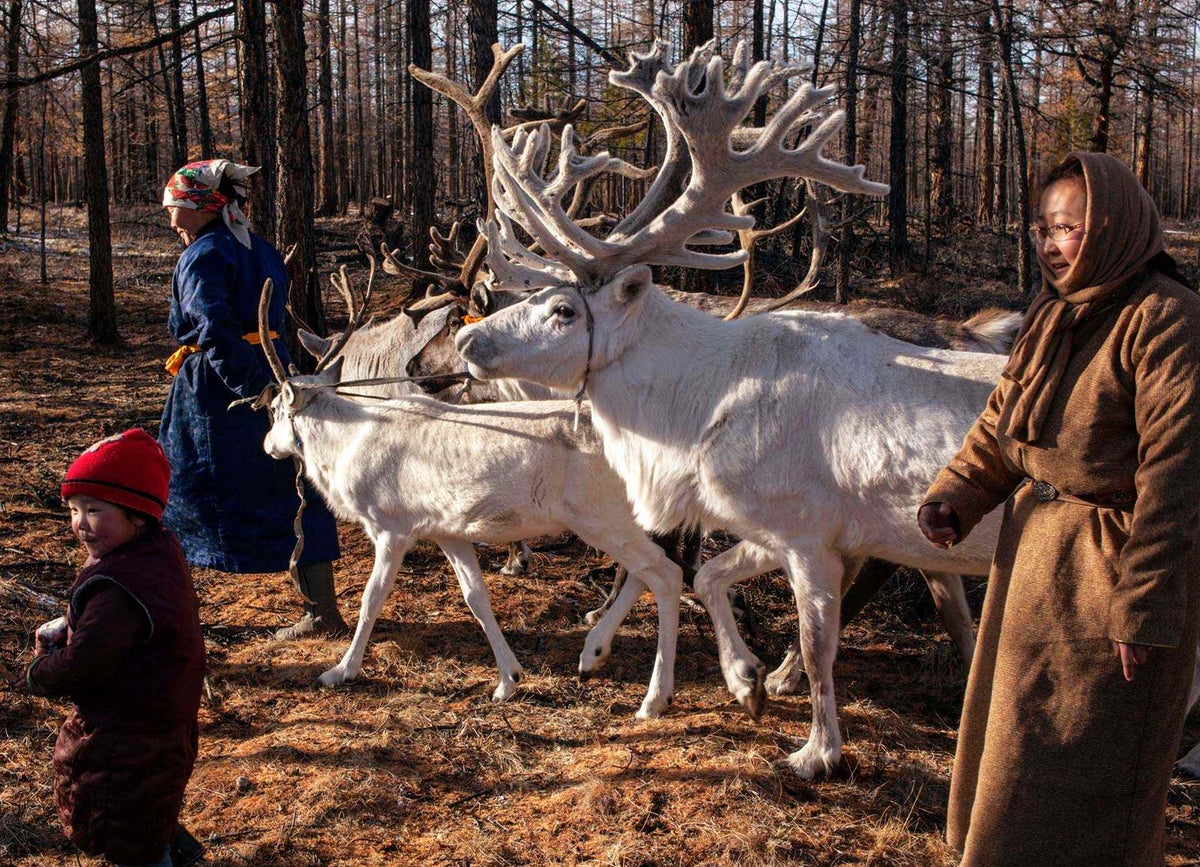
A vaccine helps the body’s immune system to recognise and fight off viruses or bacteria. Immunisation saves more than two million lives each year. By protecting children against serious diseases, vaccines play a central role in ending preventable child deaths.
Yes, they are. The reality is that immunisation is extremely safe with a very low risk of serious complications or allergic reactions. Incorrect claims about vaccination safety and side effects are unscientific and false.
Immunisation saves lives and gives children the opportunity to live a healthy life and to reach their full potential. Children who are not immunised face the risk of illness, disability and death.
No. The myth of a possible link between the measles-mumps-rubella (MMR) vaccine and autism grew out of a 1998 study by Andrew Wakefield published in The Lancet. It was later found to be flawed and fraudulent.
Yes, they are. Good hygiene, sanitation, and nutrition aren’t enough to stop infectious diseases. While good levels of hygiene, health and sanitation are important, many infections can still spread regardless of how clean we are.
Related articles
Stay up-to-date on UNICEF's work in Australia and around the world



